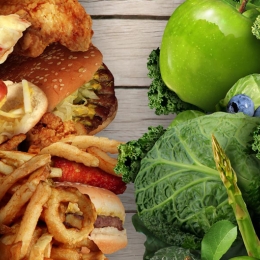What makes ultra-processed foods fattening?
"It’s not just salt, sugar, fat,” reported NPR in 2019. “Study finds ultra-processed foods drive weight gain.”
In that groundbreaking study, people ate 500 more calories a day when offered an unlimited quantity of largely ultra-processed foods rather than unprocessed foods.
Not surprisingly, the participants gained two pounds after two weeks on the ultra-processed foods and lost two pounds after two weeks on the unprocessed foods.
An ultra-processed vs. unprocessed meal from the study


Why do people eat more calories from ultra-processed foods?
“We don’t yet know,” says Kevin Hall, the study’s lead author and a senior investigator at the National Institute of Diabetes and Digestive and Kidney Diseases. “That’s why we’re doing another study.”
To design it, “we went back to the individual meal data to better understand what properties of meals influenced calorie intake,” Hall explains.
What’s not in the running: fat, total sugar, carbs, fiber, or salt. “The meals in the two diets were matched for those nutrients,” he notes.
Instead, Hall’s new study aims to tease out the impact of three possible players: calorie density, hyper-palatability, and eating rate.
1. Calorie density
Unprocessed foods like fresh fruits and vegetables have fewer calories per bite than ultra-processed foods like potato chips, Cheez-Its, and Oreos. So Hall’s first study added extra beverages to trim the ultra-processed diet’s calorie density...and boost its fiber.
“We dissolved soluble fiber in the beverages to match the fiber in the unprocessed foods,” explains Hall. “Without the beverages, the ultra-processed diet had a higher calorie density.”
So the new study will match the two diets for calorie density in solid foods.
2. Hyper-palatability
Some research suggests that foods are hyper-palatable if they are high in:
- fat + sodium (like bacon, hot dogs, or pizza),
- fat + sugar (like cake, ice cream, or brownies), or
- carbs + sodium (like crackers, pretzels, or popcorn).
“Foods that meet these thresholds are considered highly palatable,” says Hall. So the new study will match the diets for hyper-palatable foods.
3. Eating rate
“We’ll also measure eating rates, which depend on how soft the food is, thereby making it easier to chew and swallow,” says Hall.
“The calories people consume per minute seems to have an important effect on how many calories are consumed in individual meals.”
One topic the study won’t address: “Other ingredients and additives that have been added to ultra-processed foods as part of the manufacturing and packaging process may have also played a role,” says Hall. “But those kinds of experiments would be much more difficult to do.”
“The idea is to try to figure out which of these more easily measured and manipulated qualities of the diet are most important, to see if we can explain 100 percent, 50 percent, or 0 percent of the effect.”
The new study won’t be out for a few years. What’s the takeaway until then?
The bottom line on ultra-processed foods
Whether ultra-processed foods lead to weight gain because they’re calorie dense or hyper-palatable or eaten quickly or contain additives, they still lead to weight gain, so loading up on whole fruits and vegetables is smart.
But not everyone can easily switch to unprocessed foods.
“It’s not a bad idea to try to limit your intake of ultra-processed foods if you have the wherewithal to do so,” says Hall. “Unfortunately, only people with some degree of privilege can do that.”
It’s hard to eat unprocessed foods if you can only afford to shop at a dollar store, for example.
“Ultra-processed foods are inexpensive, convenient, tasty, and don’t require a lot of cooking equipment or skill to prepare,” says Hall.
Roughly 50 percent of the calories in the U.S. food supply now come from ultra-processed foods, he adds.
“We can’t just ban these foods, so we have to figure out what exactly is wrong with them.”
Continue reading this article with a NutritionAction subscription
Already a subscriber? Log in
More on calorie density
Try these healthy Super Bowl snack tips, swaps, and recipes
Healthy Eating
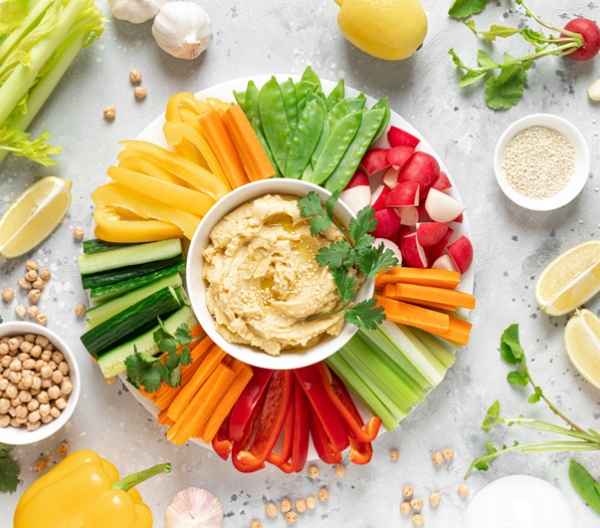
What makes you eat more?
Healthy Eating
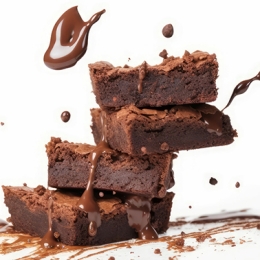
6 things to know about ultra-processed foods
Healthy Eating
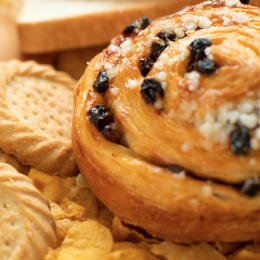
Veg Out! 5 reasons to eat more veggies
Healthy Eating
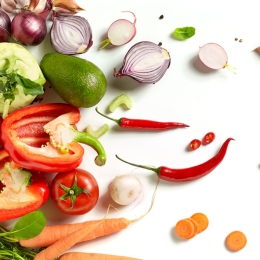
The science of why we overeat
Healthy Eating
